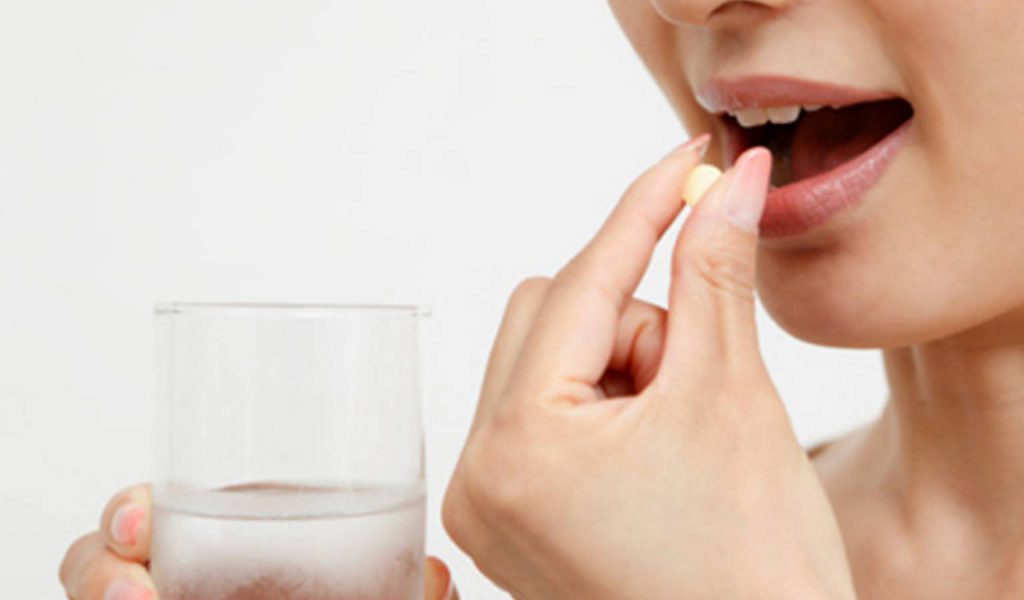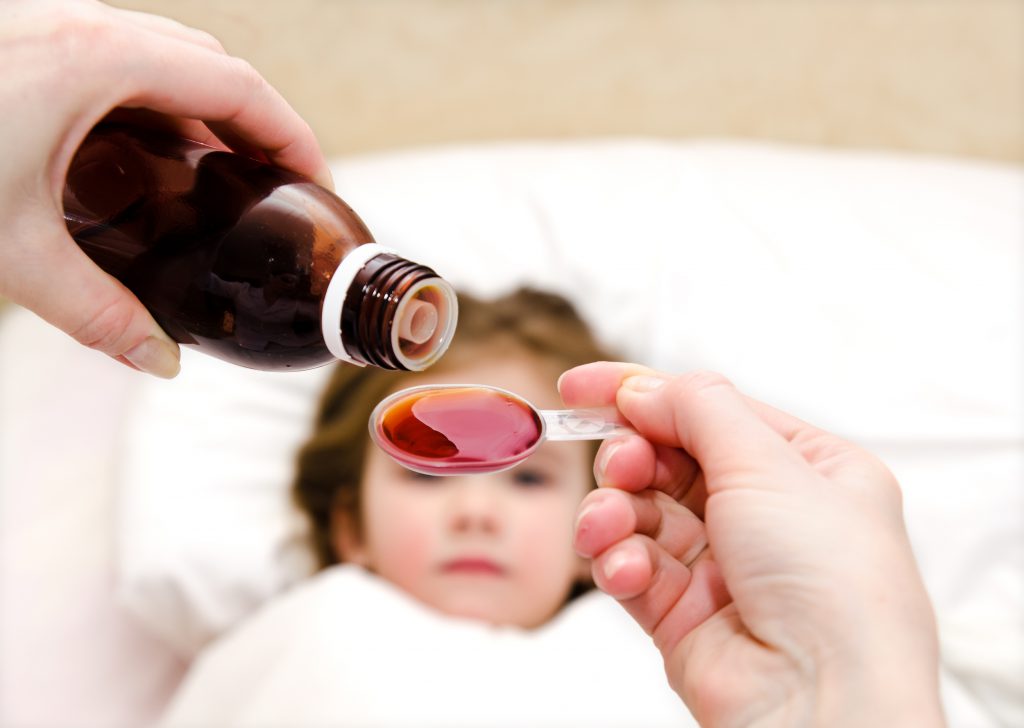Each dosage form of medicine has its own treatment purpose, so it is necessary to follow the instructions on how to put the medicine into the body. Using the medicine correctly will maximize its effectiveness, thereby speeding up the healing process. On the contrary, if used incorrectly, it will reduce the effectiveness of treatment and, more dangerously, can cause harm to yourself.
For dosage form
If it is a pill, you need to take the whole pill with cooled boiled water. However, antacids used to treat stomach ulcers must be chewed before drinking.
For effervescent tablets, it is necessary to dissolve the medicine completely in water (mix the correct amount of water in the instructions for use or instructions from your doctor or pharmacist), and drink it all.
Enteric-coated drugs are usually prepared as film-coated tablets (because they are covered with a thin film layer), so the drug does not dissolve when it reaches the stomach. This film dissolves and the drug is released when it reaches the intestines. Thanks to film coating, the drug is not decomposed by gastric juice, and therefore does not damage the stomach lining. Therefore, it is necessary to swallow the pill whole.
Some special dosage forms, usually drugs to treat angina, have instructions to suck or place under the tongue and let the drug dissolve slowly.
For tablets for external use (such as vaginal suppositories), the tablets need to be wet before use to avoid scratching the vaginal mucosa.
In particular, with slow-acting drugs (or long-acting drugs), which are drugs that release active ingredients continuously, slowly, at a controlled rate over a long period of time (usually 12 hours)… Because this form of medicine often contains a higher dose than the regular form, be careful when taking the correct number of pills, times and times of day as prescribed by the doctor, otherwise it may be dangerous due to overdose. . This form of medication must be swallowed whole.
How to use water to take medicine
Some patients use little water or even no water to take medicine and swallow the pill dry. In this way, the medicine can get stuck in the esophagus, causing esophageal damage. On the other hand, because there is not enough water to dissolve the medicine, some medicines will form stones in the body.
Therefore, when taking medication, it is important to take it with about 100 – 150 ml of water to limit this harmful effect of the drug. Should not be used with other types of water such as milk, fruit juice, tea, coke, coffee, alcohol… all of which interact with drugs, affect treatment effectiveness, and even cause harm.
What is the correct way to take medicine?
Some patients take medicine in a lying position or immediately lie down after taking the medicine. This is also an incorrect way to take medicine. When taking medicine in this position, the medicine has not had time to go down to the stomach, and it is easy to stick to the esophageal wall, not only reducing the effectiveness of treatment but also causing irritation to the esophagus, leading to cough, inflammation, and even damage. esophagus. Therefore, you should sit or stand when taking the medicine, then wait about 10-15 minutes before going to lie down.
The notion that crushing medicine to make it easier to swallow and the medicine to be more effective quickly is a mistake. Each dosage form of medicine has its own treatment purpose, so it is necessary to follow the instructions on how to put the medicine into the body. For example, with slow-acting drugs that are gradually released into the body, if crushed, the drug will have a one-time acute effect, causing danger.
For young children, if they cannot swallow the whole tablet, they should talk to their doctor about this so they can change the form of the medicine or get instructions on whether the medicine can be crushed or not.
For liquid medicine, do not take medicine straight from the bottle or bottle. This way of taking medicine will not accurately control the dosage of the medicine, but will also cause the medicine to be contaminated and degraded. You need to use the measuring device that comes with the bottle or vial to measure the medicine.
Time to take medicine
The time of taking the medicine is very important. The medicine can be taken before meals (on an empty stomach), after meals (on a full stomach) or while eating. When going to the doctor and being prescribed medication, the doctor often advises the patient about this, and the patient needs to comply so that the medication can maximize its effectiveness.
In case of non-prescription medicine, the patient needs to read the instructions carefully before using to see when to take the medicine. If there is no note in the instructions about when to take the medicine, the medicine can be taken at any time.
Do not take the medicine to make up for it: Many patients forget to take it when it is time to take their medicine. The next time you take it, take the two doses to make up for it. This will cause harm and increase the drug concentration in the blood at the time of taking the drug, which can be dangerous.
For patients who have to take many medications, especially the elderly and those with many diseases, to avoid forgetting medications, they often take medications at the same time, which can easily cause adverse interactions. Therefore, it is necessary to carefully ask the doctor about when to take the drugs and the patient needs to comply.
When you first take the medicine, you should not exercise immediately. Because after the medicine reaches the stomach, it takes 30-60 minutes for the medicine to take effect. This process requires a sufficient amount of blood to circulate. Exercising immediately after taking medication will require the circulation to increase blood flow to the motor system, reducing blood flow to internal organs and reducing the effectiveness of drug absorption.





